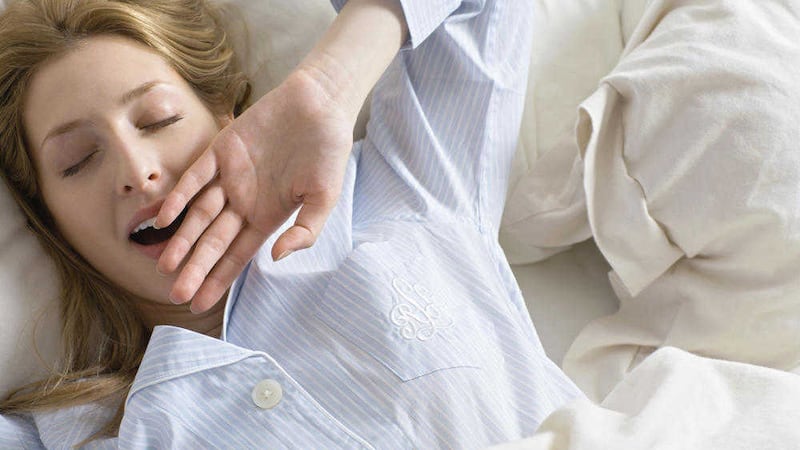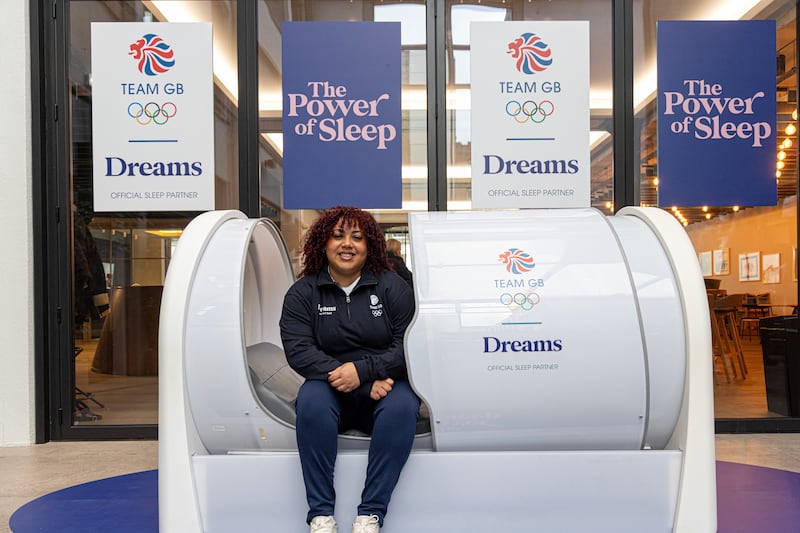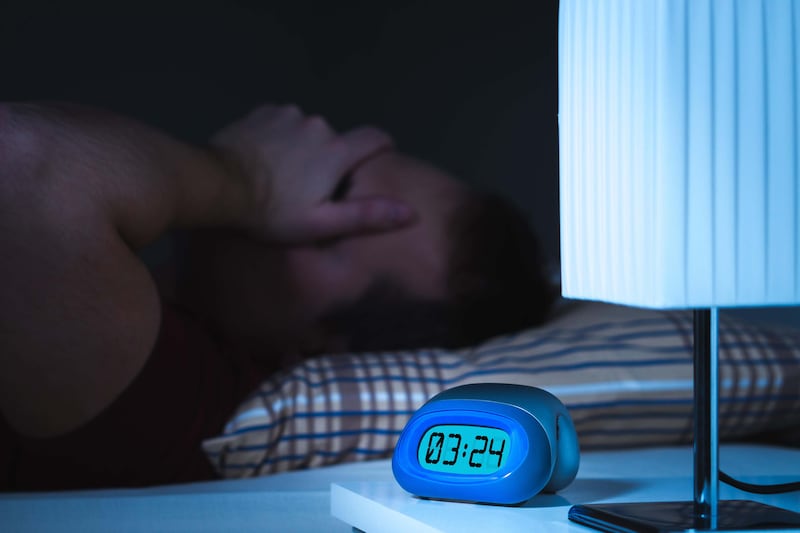WHEN you woke up this morning, what did you do? Leap out of bed, full of the joys of spring – or clobber your alarm clock so hard that you now need to buy a new one?
I got woken at 5.20am by the pitter-patter of tiny feet running into my bedroom – but only really woke up with a cup of Earl Grey, a bowl of porridge and a hot shower (not all at once) an hour later.
It turns out that most of us don't really feel awake until about 9.40am. According to a new survey by Quaker Oats, 90 per cent of us are on autopilot first thing in the morning, with a quarter admitting to skipping breakfast altogether and another quarter not ready to face the day until 10am.
The average worker says their productivity doesn't kick in until around 11.22am – and two thirds are more productive in the afternoon.
But there are all kinds of benefits to being an early bird, including greater willpower, which will help you make healthy choices, says psychologist Dr Linda Papadopoulos.
"Developing a morning routine allows you to assert your own authority over the day."
:: WHAT'S HAPPENING?
Whether we're a morning person or night owl is determined by our body's 'circadian rhythms', which Dr Papadopoulos explains, are the physiological processes that occur repeatedly on approximately a 24-hour cycle thanks to Earth's light-dark cycle.
Our rhythms can be measured by our body temperature and alertness – plus there's a surge in the hormone cortisol in the morning, while the production of melatonin in the evening helps us prepare for sleep.
In the olden days, we used to wake up at dawn and go to bed at dusk, but in modern life, Dr Papadopoulos says we're "outsourcing our circadian rhythms" to coffee and alcohol – a stimulant to wake us up and a relaxant to help us sleep.
Add to that the fact we're all staring at mobile phones, tablets and TVs late into the night, which emit a blue light that suppresses melatonin production, and it's no wonder we're finding it hard to wake up.
The good news is we can reset our body's biological clock to become better 'morning people'.
"To adjust your sleep cycle, do it slowly – avoid screen-time in the evenings, go to bed 15 minutes earlier each night, leave your curtains open and use the sunlight to cue your circadian rhythms."
:: HUSTLE BUSSELL
Strictly Come Dancing judge Darcey Bussell is a big fan of having a morning routine - and eating a good breakfast.
"My alarm goes off 6.55am every morning – and I never hit the snooze button!," reveals the mum-of-two, who developed and teaches DDMIX dance classes.
"As soon as I wake up, I either splash cold water on my face or jump straight in the shower. I put the radio on every morning as I find that good music picks me up.
"A simple bowl of porridge first thing is the best breakfast to get me on the right track for the rest of the day. I often also have fruit for breakfast, usually apples, blueberries or strawberries with a glass of water and a green tea.
"I do the school run and then walk for 30 minutes with the dogs before I carry on with the rest of my day."
:: WHICH TYPE OF MORNING PERSON ARE YOU?
LARK: The classic 'lark' personality likes to rise early and once they open their eyes feels quickly 'awake and sprightly'.
This person tends to be most productive early on in the day and is more likely to incorporate physical or outdoor activity into their morning routine.
Mornings are your preferred time for getting exercise, and breakfast is your favourite meal of the day.
Cheerful in the morning, but as the day progresses, energy levels decline, you get tired in the evening and usually go to bed early.
RISE: This person wakes promptly upon their alarm, but needs a little more easing into the day.
Drawn to the peace and quiet of the morning, and like to take time to reflect on the day ahead before others are awake.
Usually like to perform some rituals – coffee in their favourite mug, staring at the view from a particular window.
May be more likely to benefit from early meditation, mindfulness or yoga.
LO-FI: They begrudgingly wake with their alarm, but are not firing on all cylinders in the morning. As a result they struggle with the myriad tasks that the morning holds – finding keys, locating an umbrella, etc.
Prone to underestimating the amount of time morning actions take – hair and make-up, travel, etc – so often arrives at work flustered or feeling behind on things.
SLUMBER: Hits the snooze button multiple times before they can even contemplate rising.
Doesn't sleep until later on in the evening, either because they are socialising, working late, watching TV or reading.
As a result, tends to feel fatigued and irritable in the morning. More likely to skip breakfast or grab something on the go. Often uses caffeine to help them.








